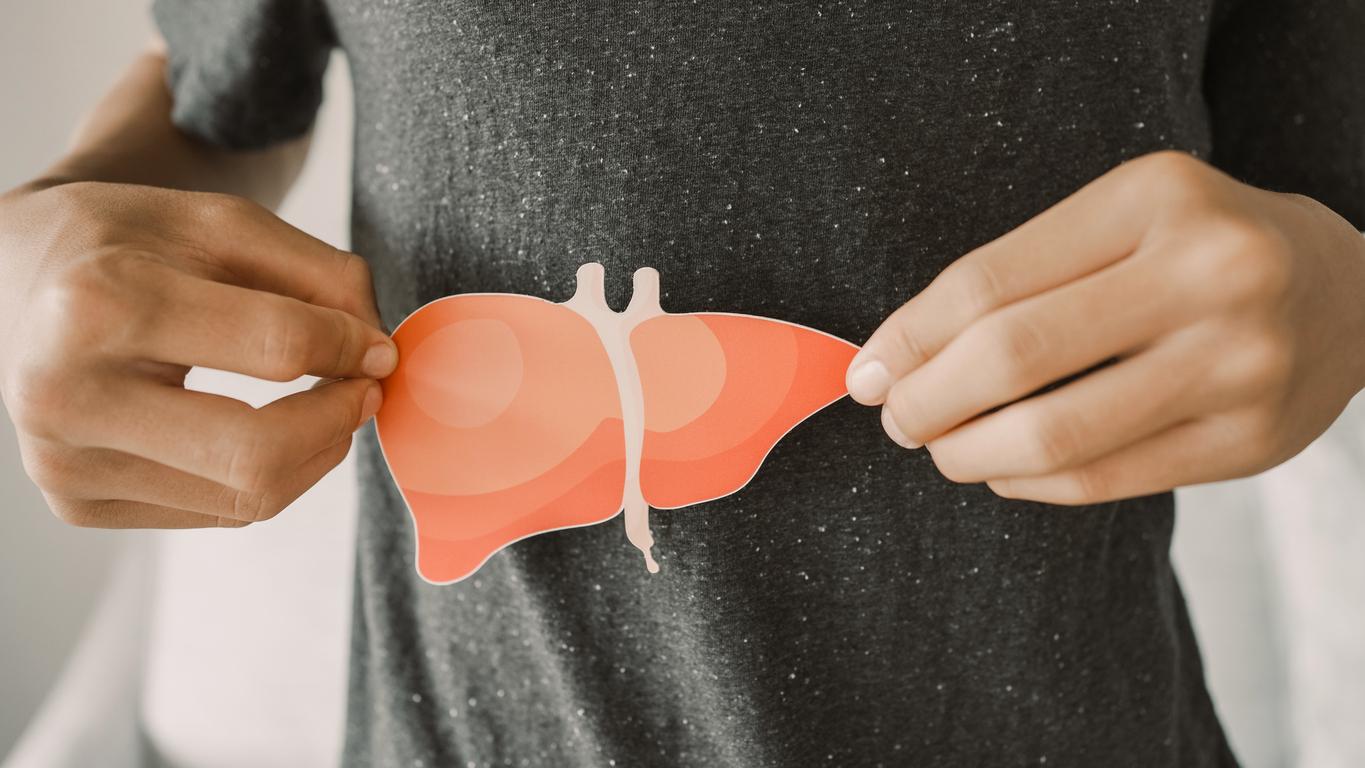Avoid transmission through the blood
These are the cases of hepatitis B and C. If you are getting a piercing or tattooing or attending an acupuncture session, make sure that the equipment is either sterilized or disposable.
Syringe users (especially drug addicts where there is a high proportion of people who have contracted hepatitis) must never share their syringes with each other.
For medical personnel, beware of accidental needle sticks. This socio-professional category must take the precaution of using gloves during their various tasks.
Be careful not to exchange razor blades, toothbrush …
These hygiene measures must be followed scrupulously if you know that a loved one has contracted the virus. Throw away any blood-soiled object or toiletries in a container, which you will close tightly.
Avoid sexual contamination
This is the case for hepatitis B and in one case for hepatitis A.
To avoid getting infected with the hepatitis B virus, use a condom during anal, vaginal, or oral sex.
Stop all oral-anal sex if either partner has hepatitis A.
And through food and water
The hepatitis A virus can be transmitted wherever hygiene conditions are deficient: the lack of latrines, the absence of a wastewater drainage system, poor hand hygiene which means that the virus, present in the stools of patients, is found in contact with food which is in turn ingested or on the hands of non-immune persons.
The foods most often incriminated are: shellfish, fruit and raw vegetables. If you are traveling in a country with a high endemic for hepatitis A (Central and South America, Asia except Japan, Africa, Middle East…), avoid drinking tap water. Prefer bottles that are uncapped. If you take fruits and vegetables, be very careful when cleaning them with water which may be contaminated. Remember that 5 minutes of boiled water is enough to kill all viruses.
For more information : Hepatitis Info service.


















